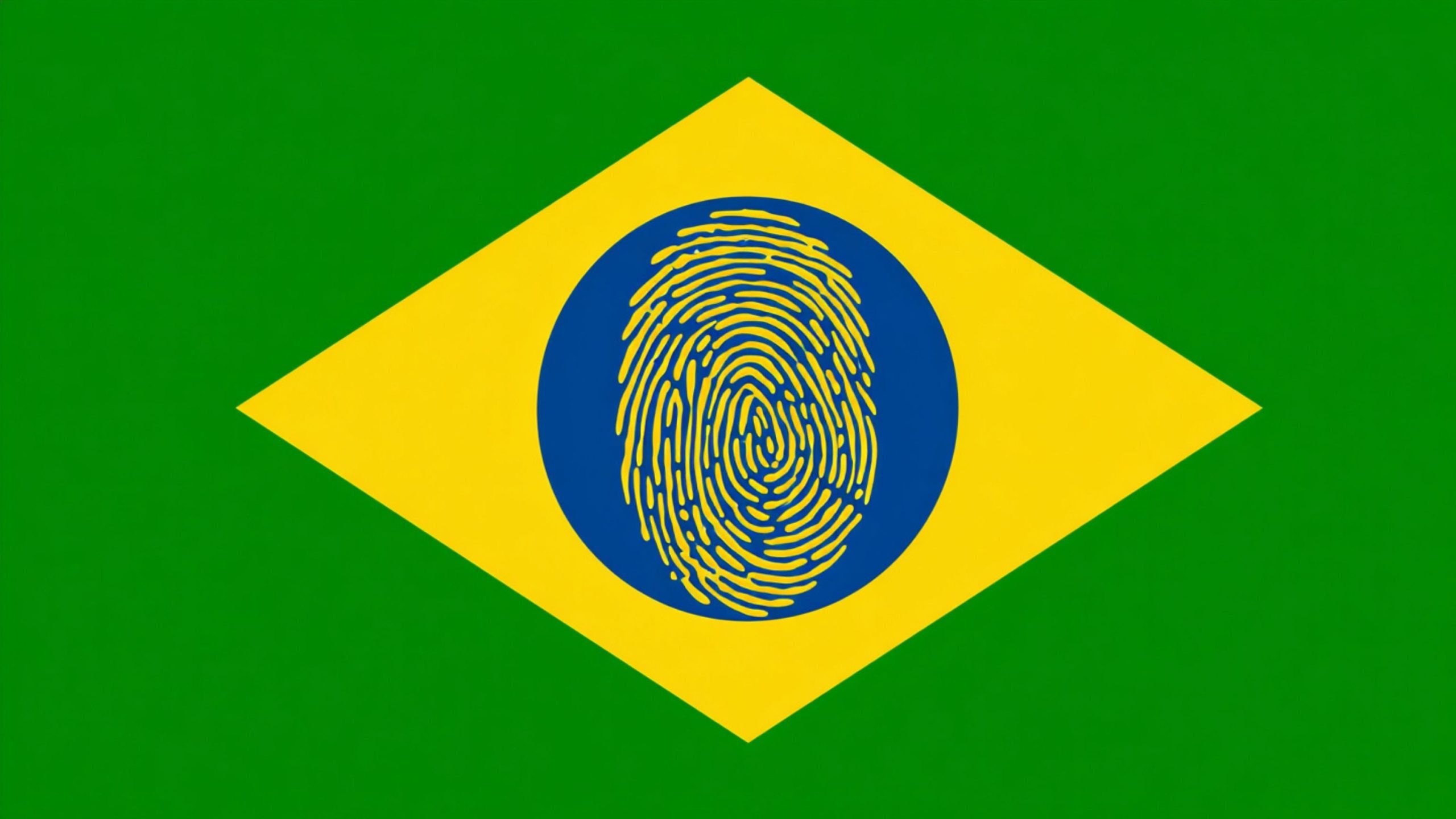Brazil’s Chamber of Deputies has advanced a bill marketed as a child protection measure, drawing sharp condemnation from lawmakers who say the process ignored legislative rules and opens the door to broad censorship of online content.
Bill PL 2628/2022, which outlines mandatory rules for digital platforms operating in Brazil, moved forward at an unusually fast pace after Chamber President Hugo Motta approved an urgency request on August 19.
That decision cut off critical steps in the legislative process, including committee review and broader debate, allowing the proposal to reach the full floor for a vote just one day later.
The urgency motion, Requerimento de Urgência REQ 1785/2025, passed without a roll-call vote. Instead, Motta used a symbolic vote, a method that records no individual positions and relies on the presiding officer’s perception of consensus. Requests for a formal, recorded vote were rejected outright.
Congressman Marcel van Hattem (NOVO-RS) accused the Chamber’s leadership of bypassing democratic norms. He said Motta approved the urgency request to expand the “censorship” of the Lula government.
Other deputies joined the protest, calling the process arbitrary and abusive.
Under the bill, digital platforms must verify users’ ages, take down material labeled offensive to minors, and comply with orders from a newly created federal oversight authority.
That body would hold sweeping powers to enforce regulations, issue sanctions, and even suspend platforms for up to 30 days in some circumstances, potentially without a full court decision.
Although the urgent request had been filed back in May, it gained renewed traction after social media influencer Felca released a series of videos exposing what he called the “adultization” of children online. His content prompted widespread media coverage and pushed the topic of online child safety to the forefront. In response, Motta committed to fast-tracking related legislation.
Opponents argue the bill serves as a vehicle for political control over online speech. Congressman Mario Frias (PL-SP) said, “Hugo Motta emptied the plenary and, in cowardice, approved ‘symbolically’ a project they say is to protect children, but which is actually censorship.” He accused Motta of betraying the institution’s commitment to freedom of expression.
Congressman Nikolas Ferreira (PL-MG) criticized the move as an abuse of authority. “I do not believe that this is a position that the President should adopt in this House,” he said, pointing to the use of the symbolic vote as a way to silence debate.
Mauricio Marcon (Podemos-RS) warned that the bill is being used as a way to justify restrictions on digital platforms and political speech. “The government uses children and adolescents as a shield to censor social networks,” he said. “There is no more democracy even within the Brazilian Parliament; Brazil is over.”
The proposal will now return to the Senate for final analysis.
As Brazil barrels ahead with legislation that imposes age checks, content takedowns, and a powerful regulatory body in the name of child safety, lawmakers and civil society should take note of how a similar approach in the United Kingdom has already triggered significant resistance and exposed serious risks to free speech and digital rights.
The UK’s Online Safety Act, passed in 2023 after years of debate, was also introduced under the banner of protecting children from harmful online content.
Much like Brazil’s PL 2628/2022, the British law gave broad powers to regulators, required platforms to enforce age verification, and demanded fast takedowns of content labeled as harmful. The result was a flurry of backlash from free speech advocates, tech experts, privacy campaigners, and even members of Parliament who warned the law would do far more than protect minors.
Critics argued the UK’s law blurred the line between illegal and “legal but harmful” content, allowing the state to pressure platforms into removing lawful speech based on vague or politically influenced definitions.
The result, many warned, would be a chilling effect across the internet, particularly around sensitive subjects such as politics, gender, and health.
Concerns were also raised about the surveillance implications of mandatory age checks, which often require biometric data or government ID, effectively ending online anonymity for millions.










